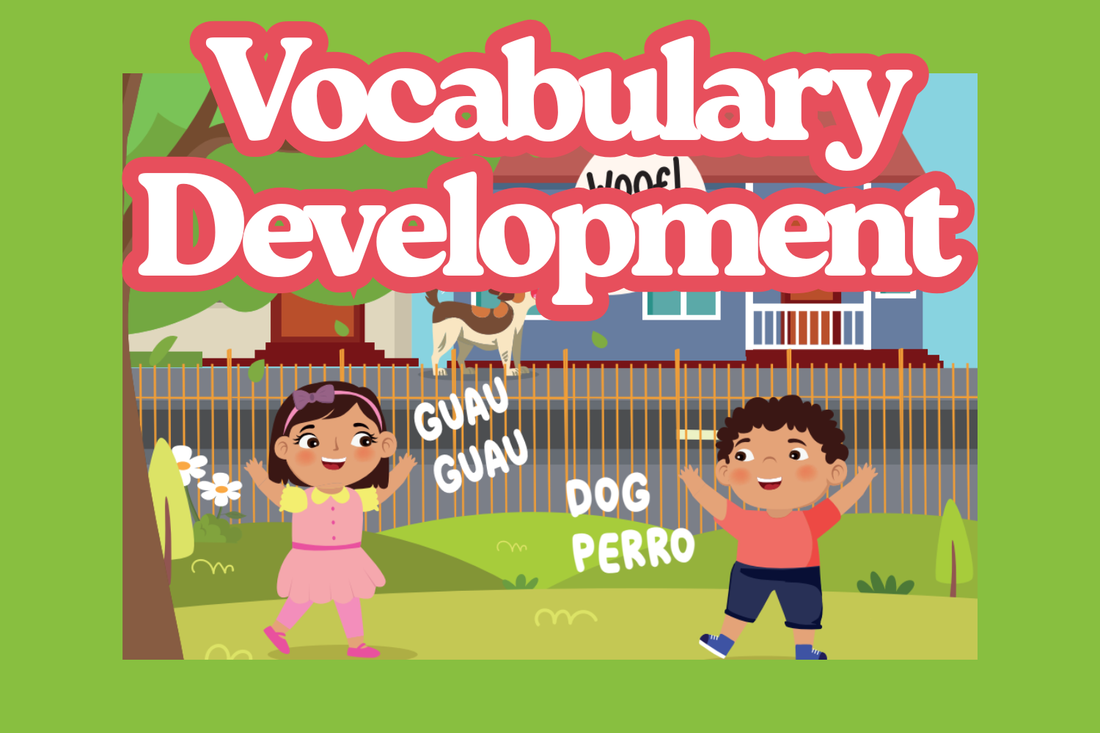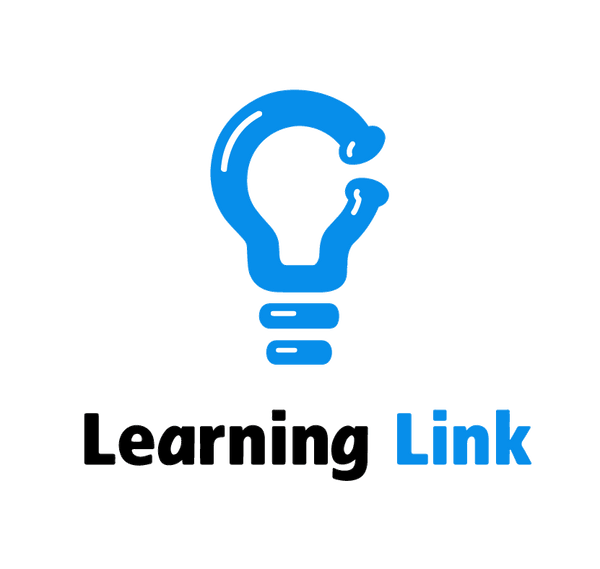
Vocabulary Development – What It Is, Why It Matters, and How to Support It
Introduction
Vocabulary development is all about building the words children use to understand and express themselves. For some, this starts with a few spoken words; for others, it begins with sounds, gestures, or pointing before words come along. However it begins, every child’s journey with vocabulary is important—and families play a big role in helping it grow.
What Vocabulary Development Looks Like
Early vocabulary usually starts with functional 1–2 word phrases—words that help kids get their needs met and connect with others. Examples include:
- “More” (asking for more food or play)
- “Up” (wanting to be picked up)
- “Bye” (ending an interaction)
With modeling, repetition, and encouragement, these small but mighty words grow into short phrases and sentences.
Why Vocabulary Matters
- Connection: Words (and attempts at words) help children share needs, feelings, and ideas.
- Confidence: Expressing themselves successfully builds self-esteem.
- Learning: A strong vocabulary is linked to reading and school success later on.
Activities to Encourage Vocabulary
Here are some simple, fun ways to practice vocabulary every day:
- Snack Choices 🍎: Hold up two options and say, “Apple or orange?” Give your child time to point, gesture, or say a word.
- Block Play 🧸: As you stack, use simple words like “up, down, crash!” Repeat and pause to let your child try.
- Goodbye Routine 🚗: Wave and say “Bye car!” or “Bye park!” Linking actions with words makes them stick.
- Story Time 📚: Point to a picture and name it: “Dog.” Then expand: “Big dog.”
Every attempt—whether a word, sound, or gesture—is progress. Celebrate each step as your child’s vocabulary blossoms.
